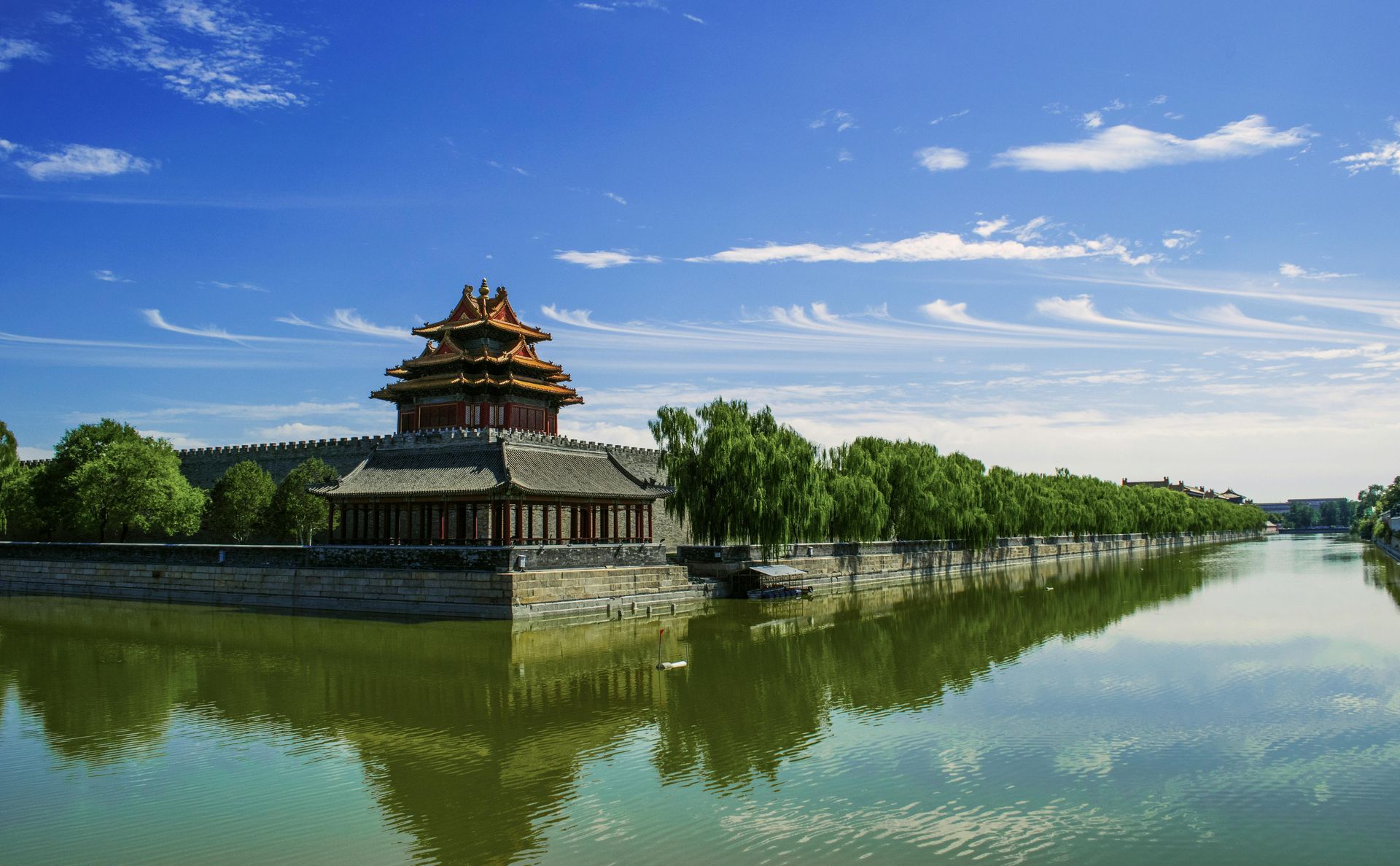God Prepares the World for the Great Reformation-Dominion Pt. 6
There were smaller reformations before the Great Reformation
During the fifteenth century there was a keen expectation of the Second Coming, or the end of the world, or some kind of dramatic, world-changing event. The massive edifice of the Roman Catholic church had atrophied; “its lava had set….the papal order had become the status quo.” Christians hungry for ongoing reformation found the papacy an impediment to needed change. An Oxford theologian name John Wycliffe went so far to say the papacy was without biblical foundation.
Holland entitles Chapter 12: Apocalypse, A.D. 1420, Tabor
One of the leading exponents of reform was the Bohemian, Jan Hus, who openly denied that the papacy was sanctioned by God. He was invited to Prague to defend his ideas before the emperor but he was arrested and burned in 1415. But his reforming zeal did not die out.
Many in Europe were hoping for a savior, and some thought it might be Ferdinand of Aragon. Ferdinand did succeed in defeating the Spanish Muslims in their last stronghold, Granada, which fell on January 2, 1492. One person watching Ferdinand march into Granada was an Italian mariner named Christopher Columbus. Columbus saw himself as part of the apocalyptic milieu. He believed he was God’s messenger and spoke of himself in apocalyptic terms. He was destined to find a New Heaven and a New Earth and God told him exactly where to find it.
Another Spanish explorer, Hernan Cortes, heard of a spectacular kingdom lying in interior Mexico. He made the “staggeringly bold decision to head for it.” The Mexica, as Holland calls them, had built a fabulous civilization of their own and had their own eschatology. Only the blood of human sacrifice could keep the universe from winding down. The Mexica were outclassed in military technology, but the real conflict was over rival visions of the end of the world. They dedicated the temple of one god by sacrificing 80,000 victims. For another they flayed their victims and wore their skins. Yet another required the sacrifice of children who were first made to weep. The Spanish had no problem or doubts in bringing the Mexica to their knees.
In human history conquering armies always felt they had a license to slaughter those they conquered. But not the Spanish. Their Christian heritage left them with a troubled conscience over the price paid for colonizing the New World. The leading advocate for this hand wringing was Bartolomeo de las Casas, the great defender of native populations. He attacked Spanish atrocities and even began a program in international law. The dominion of Jesus Christ even reached into the minds of Spanish conquerors.
And now these smaller reformations will be followed by the greatest of them all.
All of the Dominion videos can be found here: https://www.youtube.com/playlist?list=PLkHlTST983SrRLzY-1quBpEsd46bog7jA










